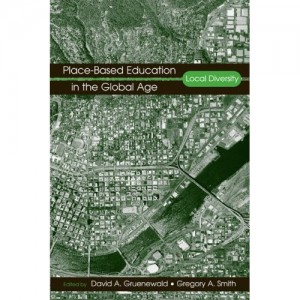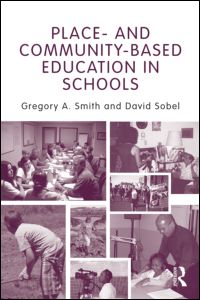Walking Together for a Better Future (Linda Kaser & Judy Halbert, 2011)
The recent introduction of Aboriginal Enhancement Agreements as part of the process of developing shared responsibility for Aboriginal Education has helped districts and community members realize the importance of working together to best meed the needs of Aboriginal learners in BC. Although signing these documents make them official, many questions have remained as to how to ensure the actions agreed to are implemented.
In 2008, the Director of the provincial Aboriginal Education Enhancement Branch approached the Network of Performance Based Schools (NPBS) to see if they were interested in developing a partnership focusing on how signed enhancement agreements could be best put into practice. This led to the development of the Aboriginal Enhancement Network of Schools (AENS) which has set about to help school districts and their Aboriginal communities in the development of cross-cultural understanding and Indigenous ways of knowing that encourage new perspectives on best practices for learning.

